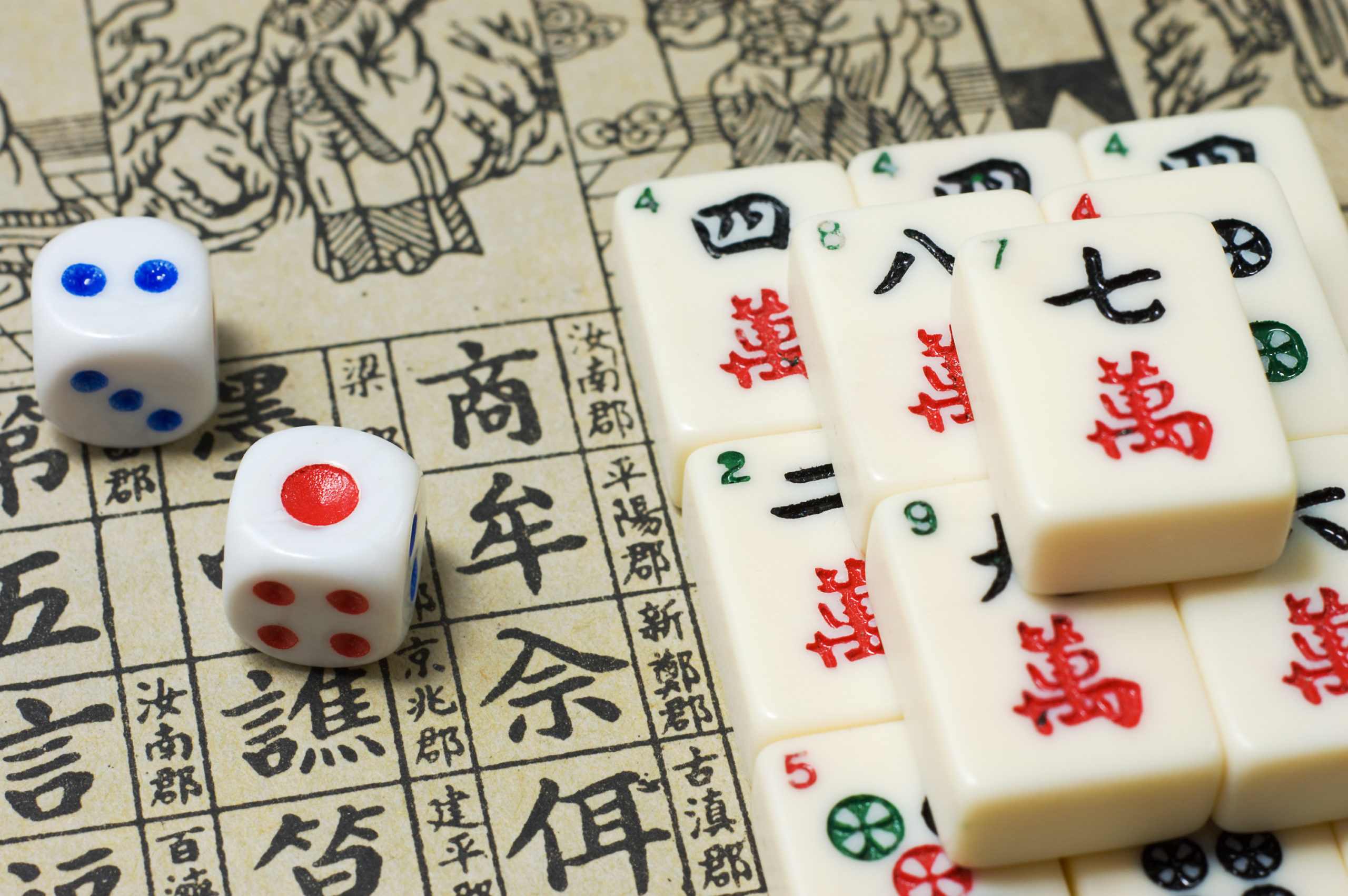Could it be that certain cultures are more prone to forming a gambling addiction than others? You’d think the answer would be no, but new research coming from NPR claims that, for certain Southeast Asian Refugees, an alarming trend has emerging.
Singling out families who arrive from countries like Vietnam and Cambodia, the data showed a generational history tied to games and luck. Whether it’s friendly dice or card matches, many interviewed for the research claimed that “chance” and “fortune” were big parts of their lives growing up. Add to that the lure of glitzy casinos and getting rich quick, and it’s not that surprising to see a pattern emerge among lower income refugees.
“Gambling is often seen as an opportunity out of poverty,” Dr. Timothy Fong, a professor of addiction psychiatry and co-director of UCLA’s Gambling Studies Program, told NPR. “When you have tremendous amounts of poverty, especially in the Southeast Asian refugee population, that tends to be a very tempting idea.”
Dr. Fong also touched upon data from a 2003 study that examined the gambling habits of nearly 100 Vietnamese, Laotian and Cambodian refugees. When that was released, it showed that 60 percent met the criteria for a gambling addiction. And that is especially alarming when you consider that the national average is roughly 2 percent.
The newer data showed that 42 percent of the refugees interviewed had wagered at least $500 in the past two months. Other study leads believed that percentages could be much higher, as there is often an attempt to keep such behaviors hidden within tight-knit refugee families.
Even more concerning is the fact that culturally, Asians are least likely among U.S. ethnic groups to use mental health services. This is often due to stigmas and shame surrounding the need to get help (as well as language barriers).
Dr. Fong chimed in on this particular stat, highlighting the fact that many Southeast Asian gambling addicts feel deeply embarrassed about their problem.
“It’s a stigma,” he emphasizes. “‘You’re going to the crazy clinic!’ No, it’s not a crazy clinic. This is the mental health services so it can help you to resolve your issues in order for you to move forward and also have a quality of life. The worst part is, this may lead to people gambling for longer periods of time and experiencing greater problems before they share or disclose some of their struggles and seek help.”
We know all about the struggles of dealing with a gambling addiction and are happy to open our doors to anyone who needs assistance. We can also work to connect patients to professionals who speak their language and understand their culture. If help is needed, please reach out.







